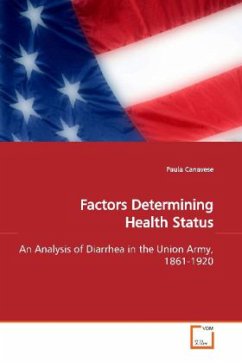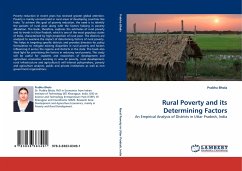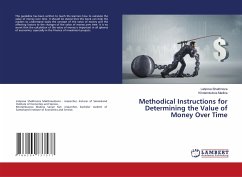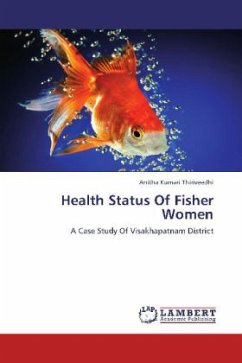This book empirically examines the role of
socioeconomic and environmental factors in
explaining longevity with diarrhea for adults by
using health data for the Union Army veterans of the
United States Civil War. Prevalence rates calculated
from current data show that, since the late
nineteenth century, diarrhea, as is the case with
many other health conditions, has gone from one of
the most prevalent and fatal diseases to generally
an inconsequential one for adults in rich countries.
However, diarrhea is a widespread disease in
developing countries.
Results from survival analysis suggest that
nutrition, place of birth, improvements in sanitary
conditions, and changes in labor conditions and
occupational distribution were responsible for
reducing the vulnerability to this disease in the
U.S. during the late nineteenth century. Data from
Bangladesh help to demonstrate that the importance
of socioeconomic factors has been reduced over the
last century.
socioeconomic and environmental factors in
explaining longevity with diarrhea for adults by
using health data for the Union Army veterans of the
United States Civil War. Prevalence rates calculated
from current data show that, since the late
nineteenth century, diarrhea, as is the case with
many other health conditions, has gone from one of
the most prevalent and fatal diseases to generally
an inconsequential one for adults in rich countries.
However, diarrhea is a widespread disease in
developing countries.
Results from survival analysis suggest that
nutrition, place of birth, improvements in sanitary
conditions, and changes in labor conditions and
occupational distribution were responsible for
reducing the vulnerability to this disease in the
U.S. during the late nineteenth century. Data from
Bangladesh help to demonstrate that the importance
of socioeconomic factors has been reduced over the
last century.








